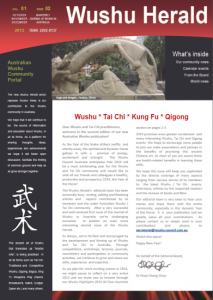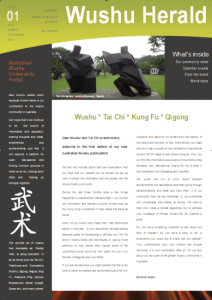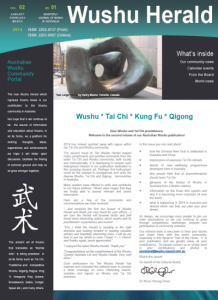Effect of Tai Chi vs Aerobic Exercise on Blood Pressure in Patients With Prehypertension
by Xinye Li, Peifen Chang, Min Wu et al
JAMA Netw Open. 2024;7(2):e2354937. doi:10.1001/jamanetworkopen.2023.54937
Abstract
Importance Prehypertension increases the risk of developing hypertension and other cardiovascular diseases. Early and effective intervention for patients with prehypertension is highly important.
Objective To assess the efficacy of Tai Chi vs aerobic exercise in patients with prehypertension.
Design, Setting, and Participants This prospective, single-blinded randomized clinical trial was conducted between July 25, 2019, and January 24, 2022, at 2 tertiary public hospitals in China. Participants included 342 adults aged 18 to 65 years with prehypertension, defined as systolic blood pressure (SBP) of 120 to 139 mm Hg and/or diastolic BP (DBP) of 80 to 89 mm Hg.
Interventions Participants were randomized in a 1:1 ratio to a Tai Chi group (n = 173) or an aerobic exercise group (n = 169). Both groups performed four 60-minute supervised sessions per week for 12 months.
Main Outcomes and Measures The primary outcome was SBP at 12 months obtained in the office setting. Secondary outcomes included SBP at 6 months and DBP at 6 and 12 months obtained in the office setting and 24-hour ambulatory BP at 12 months.
Results Of the 1189 patients screened, 342 (mean [SD] age, 49.3 [11.9] years; 166 men [48.5%] and 176 women [51.5%]) were randomized to 1 of 2 intervention groups: 173 to Tai Chi and 169 to aerobic exercise. At 12 months, the change in office SBP was significantly different between groups by −2.40 (95% CI, −4.39 to −0.41) mm Hg (P = .02), with a mean (SD) change of −7.01 (10.12) mm Hg in the Tai Chi group vs −4.61 (8.47) mm Hg in the aerobic exercise group. The analysis of office SBP at 6 months yielded similar results (−2.31 [95% CI, −3.94 to −0.67] mm Hg; P = .006). Additionally, 24-hour ambulatory SBP (−2.16 [95% CI, −3.84 to −0.47] mm Hg; P = .01) and nighttime ambulatory SBP (−4.08 [95% CI, −6.59 to −1.57] mm Hg; P = .002) were significantly reduced in the Tai Chi group compared with the aerobic exercise group.
Conclusions and Relevance In this study including patients with prehypertension, a 12-month Tai Chi intervention was more effective than aerobic exercise in reducing SBP. These findings suggest that Tai Chi may help promote the prevention of cardiovascular disease in populations with prehypertension.
Full Text: https://jamanetwork.com/journals/jamanetworkopen/fullarticle/2814872
Review: https://www.thenewdaily.com.au/life/2024/02/21/tai-chi-better-than-aerobics
About the Author(s):
Xinye Li, MD – Guang’anmen Hospital, China Academy of Chinese Medical Sciences, Beijing;
Graduate School of Beijing University of Chinese Medicine, Beijing, China.
Peifen Chang, MD – Department of Cardiovascular Medicine, Dongzhimen Hospital, Beijing University of Chinese Medicine, Beijing, China












